We must always be aware that forecourts are an inherently risky place to work. UKPIA talks about the Forecourt Contractor Safety Pass which ensures risks are minimised
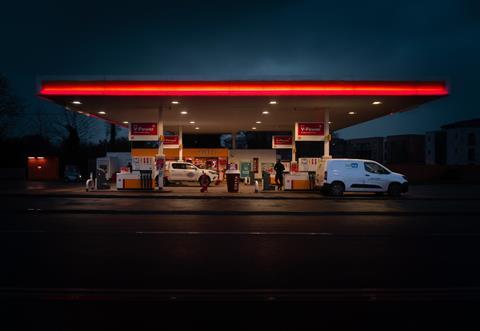
We must always be aware that forecourts are an inherently risky place to work. While millions of drivers come and fill up safely every day, they are a site that contains a potentially deadly mix of explosive vapours, liquids and other hazardous materials.
Site operators are ultimately responsible for the safety of their forecourts and given those risks, UKPIA, its member companies and the Safety Pass Alliance (SPA) set up in 1999 the Forecourt Contractor Safety Pass to help ensure that risks are minimised.
The scheme has gone from strength to strength over the years and is now overseen by a joint safety group which has all the major trade associations. There are currently more than 26,000 in-date passports holders, and while it is not mandatory, it is acknowledged as good practice by the Health and Safety Executive (HSE).
It is helping to make forecourts safer places of work by ensuring that workers are trained to the specific standards required.
Elizabeth de Jong, UKPIA CEO, said: “By their nature, forecourts are hazardous environments, so it is vital that contractors are trained to the appropriate best practice standards. This course helps to minimise risks to the public, those working on site and the contractors themselves. As such we strongly advise that it is taken by all contractors before they start working on forecourts.”
Oil companies as well as some supermarket petrol retailers require contract workers to successfully complete the two-day training course before they are allowed to work on their forecourts.
The course is designed to help workers safely navigate the wide variety of working environments found at petrol stations, from dealing with shops refrigerants to fixing electric vehicle charging points or petrol pumps. It focusses on practical issues such as identifying potential hazards, using safe working practices and learning how to develop a controlled programme of work.
It was designed to follow the format of ‘a safe day in your life in the petrol industry,’ detailing a typical contractor’s working day. For example, on arrival, take five minutes to look around and assess potential hazards; consider the activity to be undertaken; look at the forecourt layout; identify potential hazards prior to the job commencing and imagine worse case scenarios.
Contractors undergo ‘core training’ to ensure they grasp the basics of general good practice in health and safety that is common to all industries. The course is aimed at anyone who carries out work or manages work on a petrol forecourt, typically contractors carrying out construction or refurbishment, maintenance, or installations on a petrol forecourt but also anyone who oversees, manages, signs off on or requires the knowledge of the diverse safety risks specific to petrol forecourts.
On successfully passing course, contractors receive an official letter provided by the instructor. Training, accreditation and issuing of these passes are delivered by the SPA and its accredited training providers.
The course curriculum is guided by Petrol Retail National Safety Group (PRNSG), a UKPIA led committee, which applies the latest principles from the Energy Institute’s Blue Book, written for all those involved in working on petrol retail or commercial premises. This has helped to ensure the programme drives good practice through the contractor supply chain, increasing safety awareness and contributing to higher standards of safety.
Contact details for all approved training providers can be obtained from the SPA website: www.safetypassports.co.uk























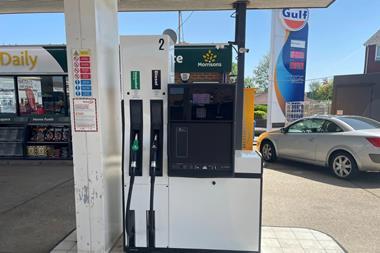
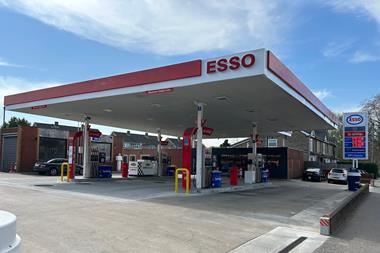
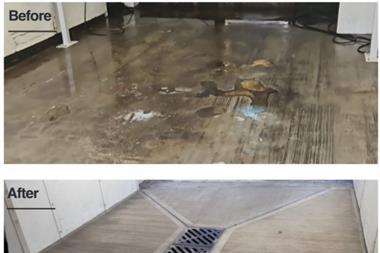
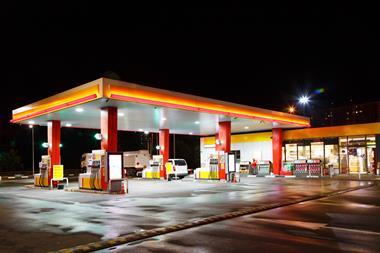


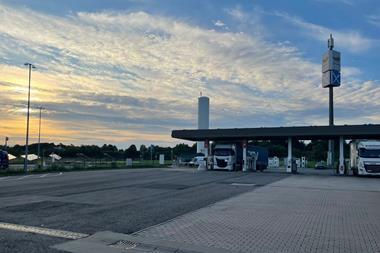

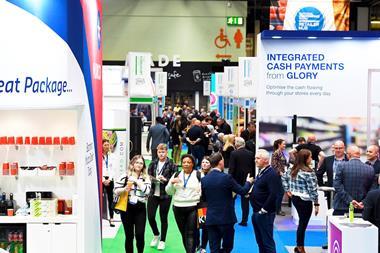
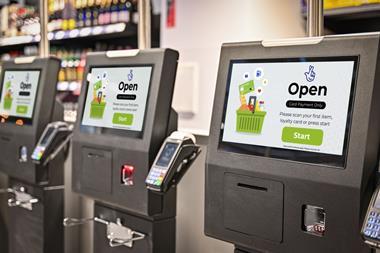
No comments yet